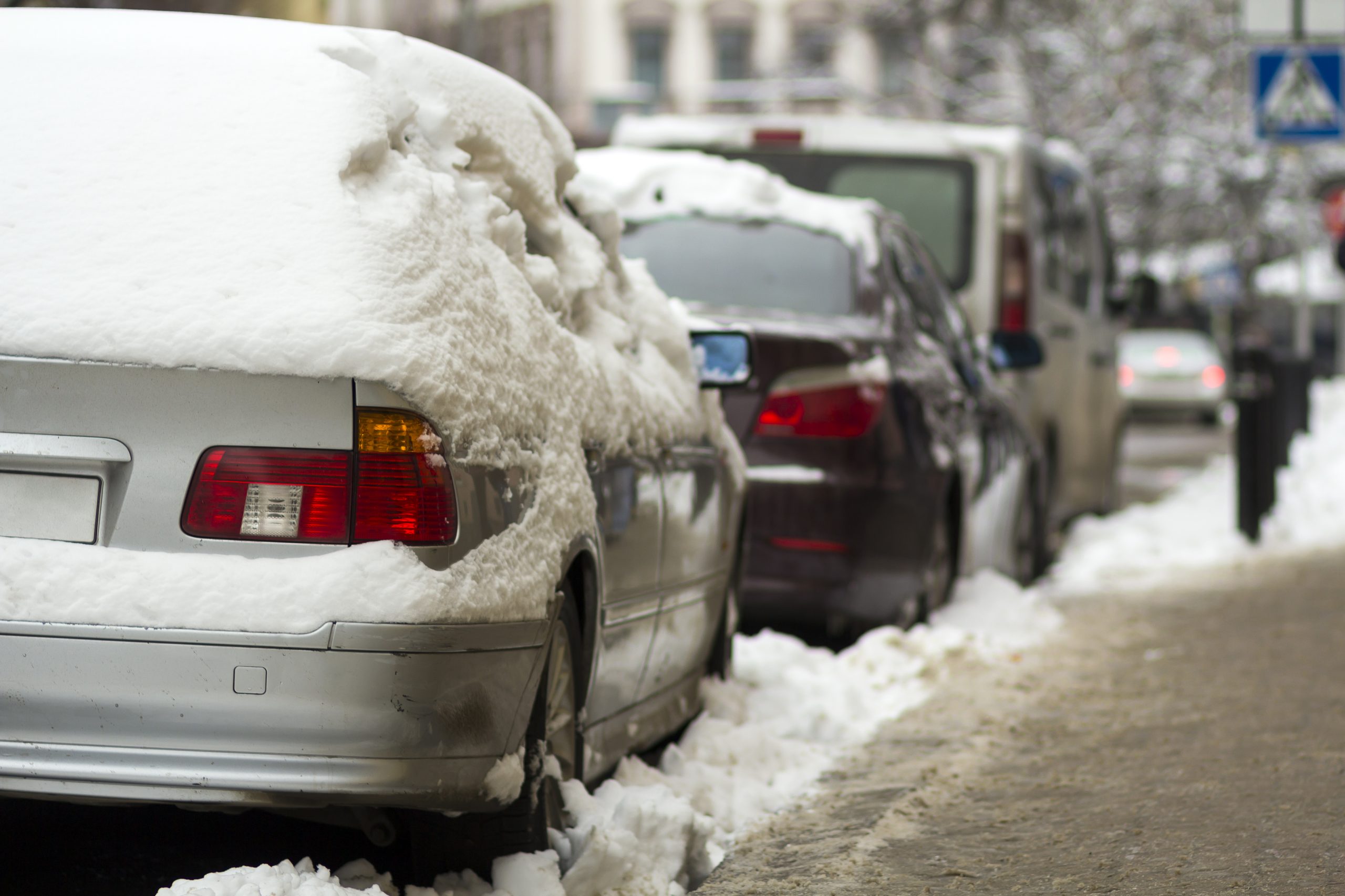Winter weather has arrived across the nation, and it’s proving to be a challenge for many drivers. The hazards of winter driving are just one aspect of winter weather that can wreak damage on your vehicle. The cold extremes of winter can have a significant impact on your engine’s performance and operation. In this month’s blog post, we examine the drawbacks of winter weather woes on your vehicle and steps you can take to keep your vehicle protected from damage during the winter season.
Winter Weather Impacts
There’s no doubt that the extremes of winter can affect your vehicle’s engine, especially the colder temperatures. You may find premature wear and tear on your vehicle’s engine and components because of harsh winter weather.
Winter weather can impact your vehicle in several ways:
- Coolant efficacy is lowered by colder temperatures. Coolant is an important fluid that reduces engine heat. When parts are not properly cooled, they can be damaged through overheating or seizing up.
- Oil thickens in colder temperatures. The thicker the oil, the less effective it is at lubricating the engine parts. You may need to replace your current oil with lower viscosity oil to ensure that the oil can move through engine components and keep them lubricated and clean.
- Engine block issues may be the result of frozen coolant. The engine block houses your engine’s cylinders and other components. If coolant is low on antifreeze, or low in general, it may freeze and crack the engine block.
- Engine components are susceptible to corrosion and rust from road salt and other chemicals. Icy and snowy roads that are heavily salted may result in engine corrosion if the vehicle is not cleaned regularly during winter months.
Symptoms of Winter Weather Damage
If your vehicle’s components have been affected by winter weather, you may experience specific symptoms that indicate a problem. These include:
- Leaking coolant may be from a cracked engine block, gasket, or other parts.
- Engine stalling or hesitation may be from thick oil, or if there is water or dirt somewhere within the system.
- Overheating of the engine may be from coolant problems – either it is not circulating through the engine, or the radiator is blocked by debris like ice or snow.
- Your vehicle tires can also be impacted by colder temperatures, losing their pressure, or becoming worn from rough driving conditions.
Keep Your Vehicle Safe from Winter Weather
If you stay on top of your vehicle’s maintenance routine, you can protect your vehicle from cold weather damage. Make sure that your routine includes these common tasks:
- Regular oil changes. Make sure to change the oil viscosity according to manufacturer specs for colder weather.
- Tire pressure checks. Your vehicle may have a Tire Pressure Monitoring System (TPMS) and can show you when the pressure may be low. If not, use a gauge to check your tires regularly. Also, consider using all-season or winter tires to ensure better road traction in icy and snowy conditions.
- Coolant level checks. Keep your coolant level maintained, and have your vehicle checked if there are frequent drops in coolant level. Make sure to mix your coolant with the right amount of antifreeze, according to manufacturer specs.
- Wash your vehicle frequently. Keeping the road salt off the exterior and bottom of your vehicle reduces the change of corrosion and rust.
- Maintain at least ½ tank of gas in the tank. When the gas tank is low, there’s more risk of having water condense in the tank and cause freezing in the fuel lines.
Winter weather is here to stay for a few more months. Make sure to keep your vehicle protected from the hazards of harsh weather by adopting a few winter weather tasks. If you would like to have your vehicle inspected for any possible winter damage, contact the service professionals at Shade Tree Garage to schedule an appointment.

